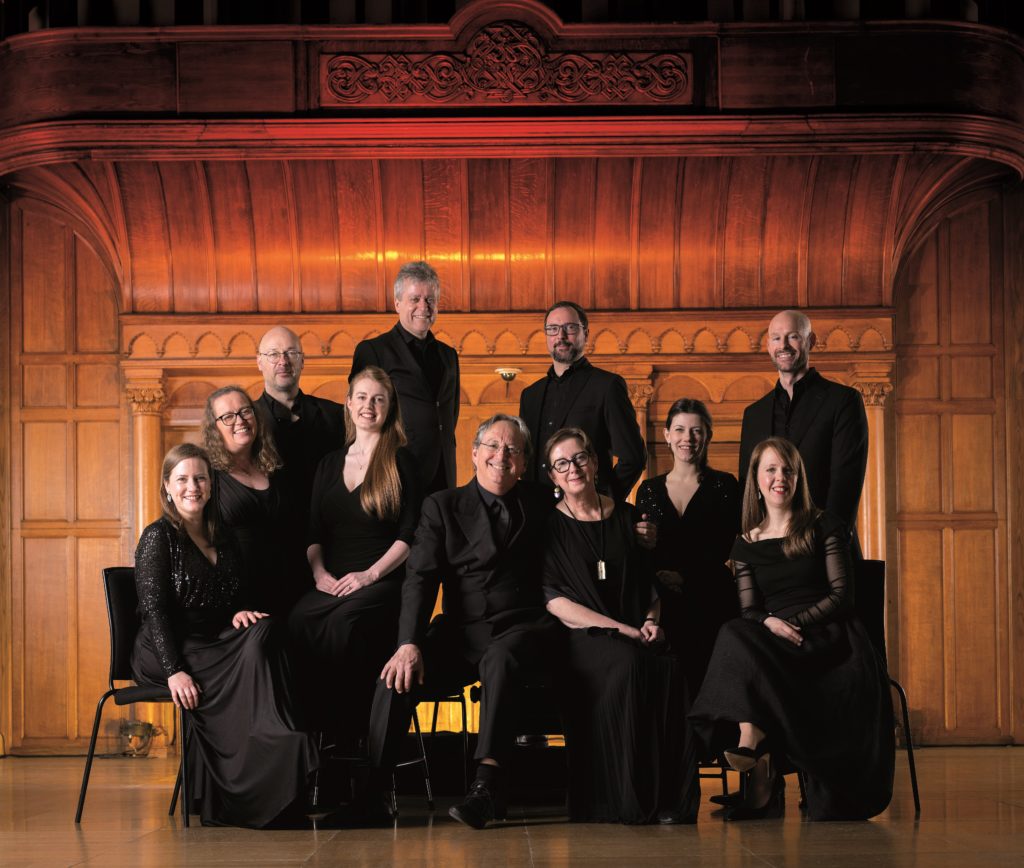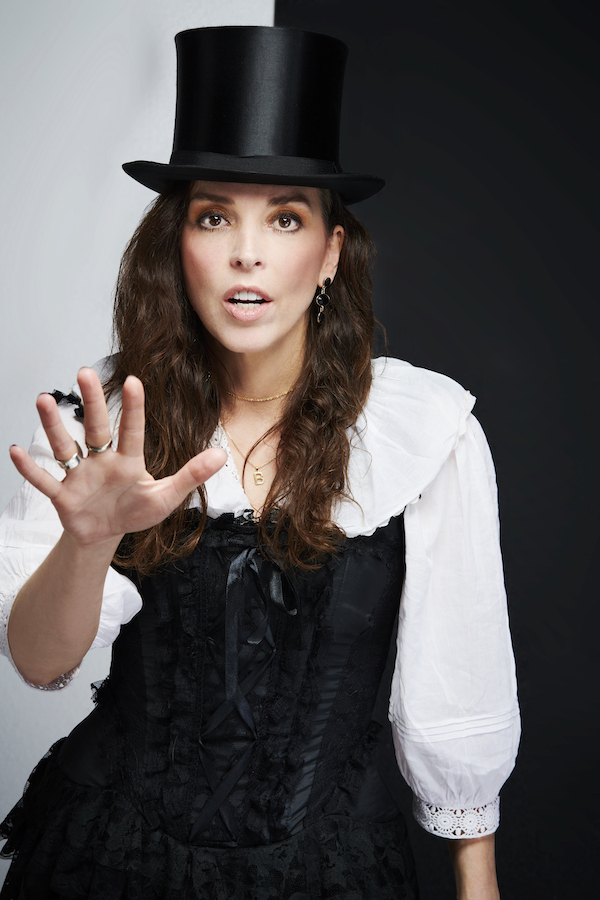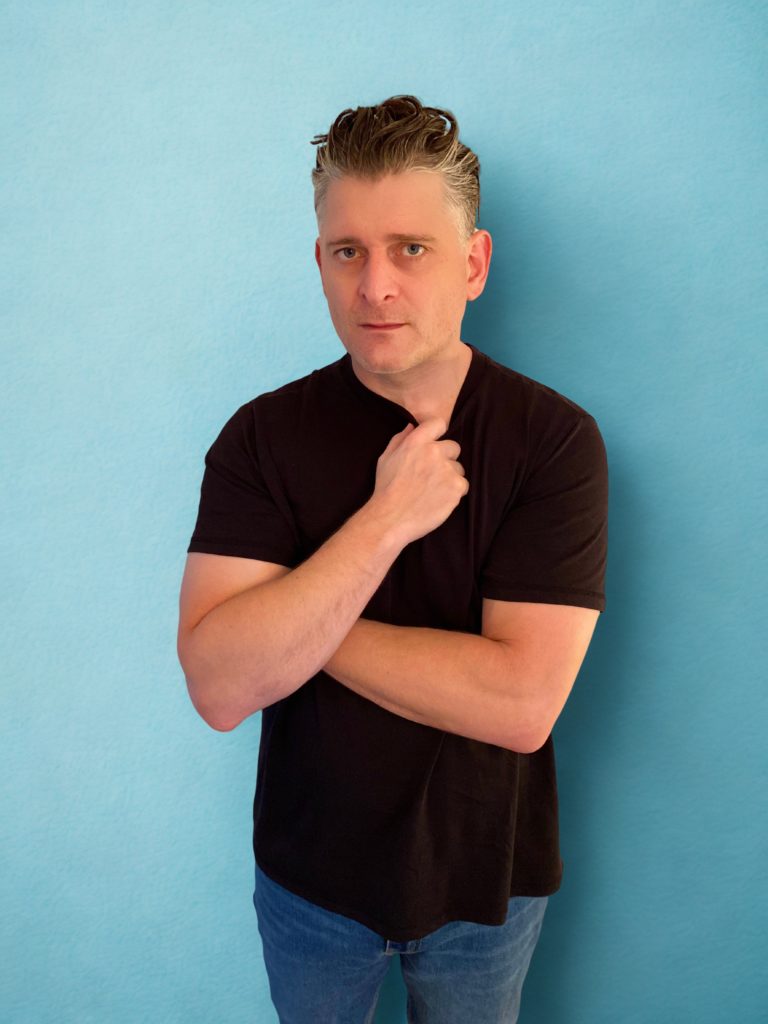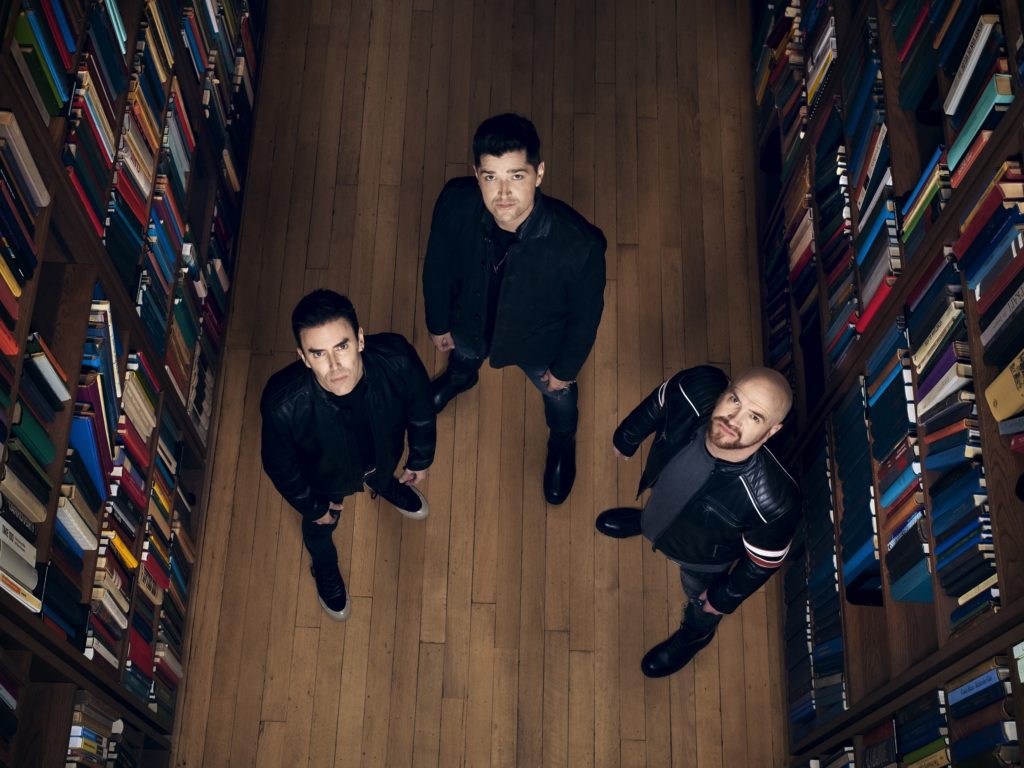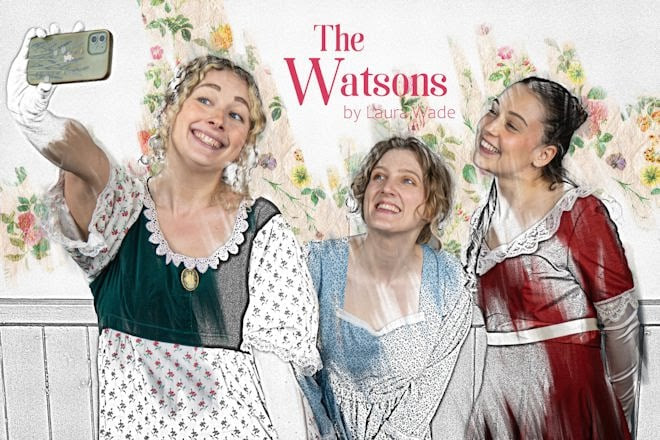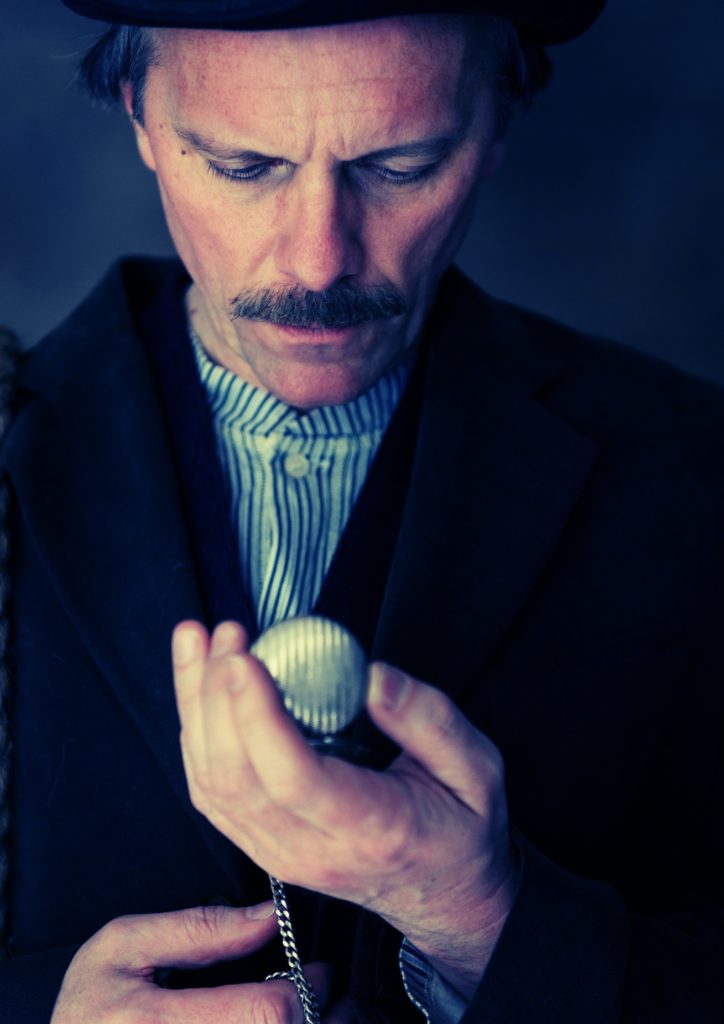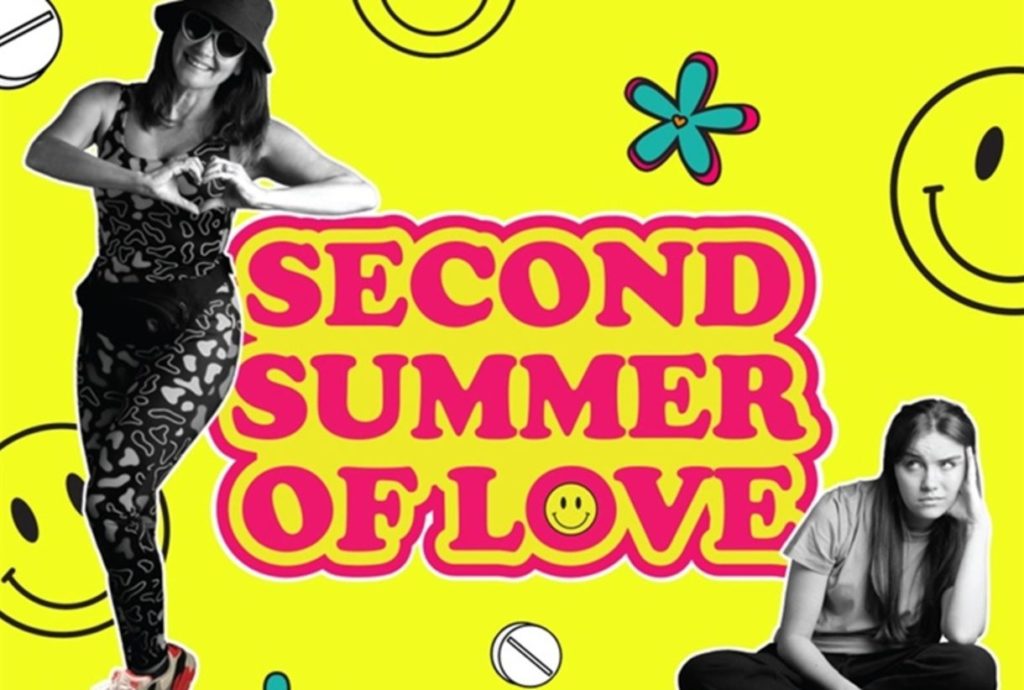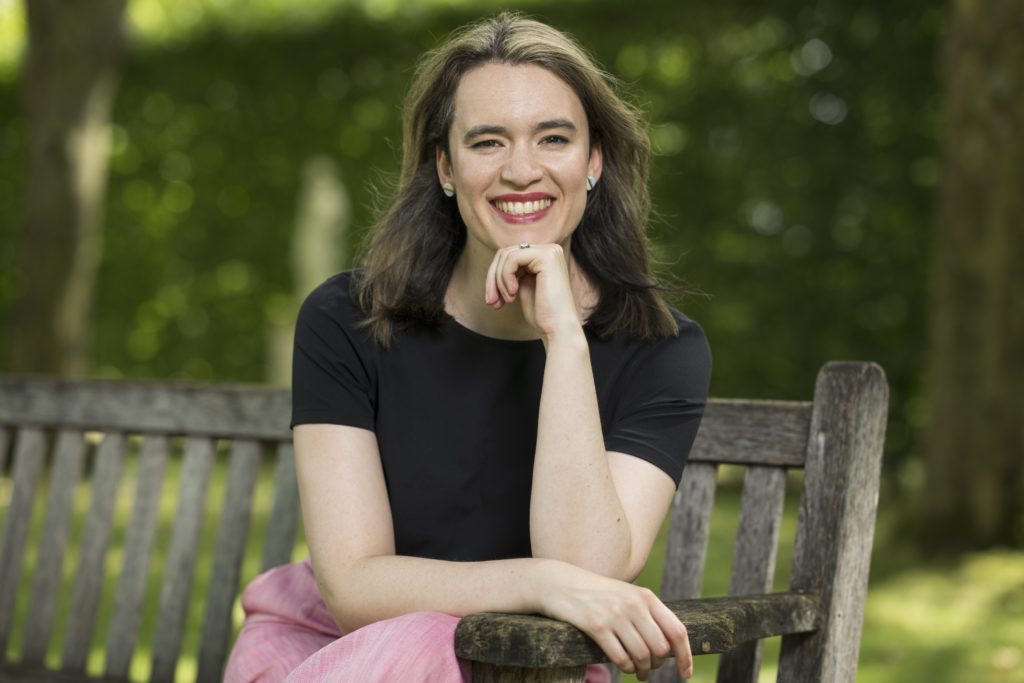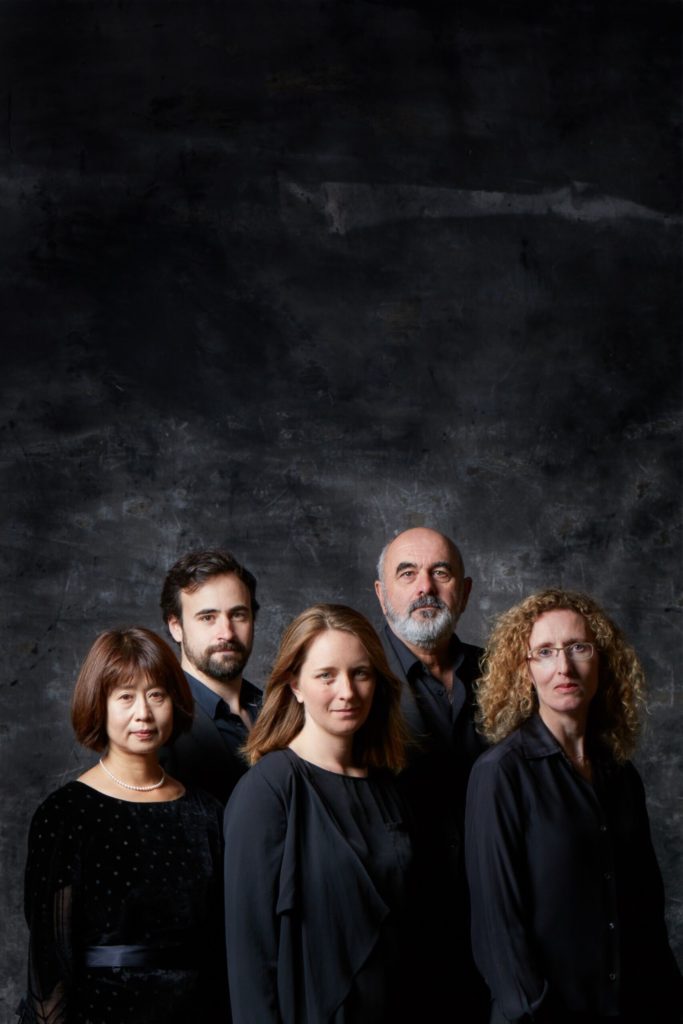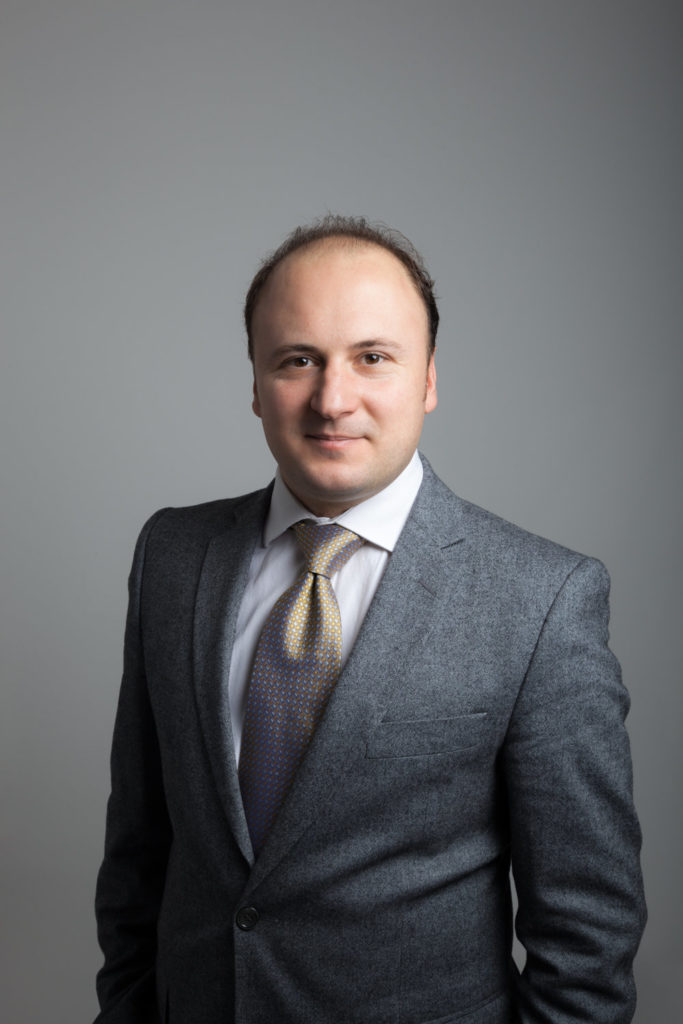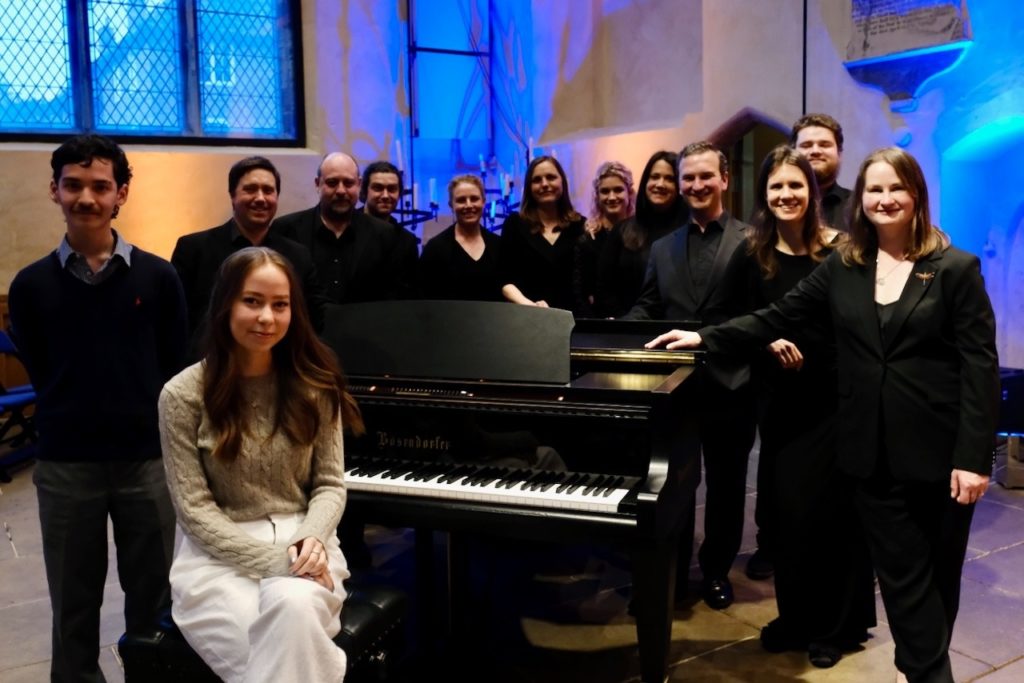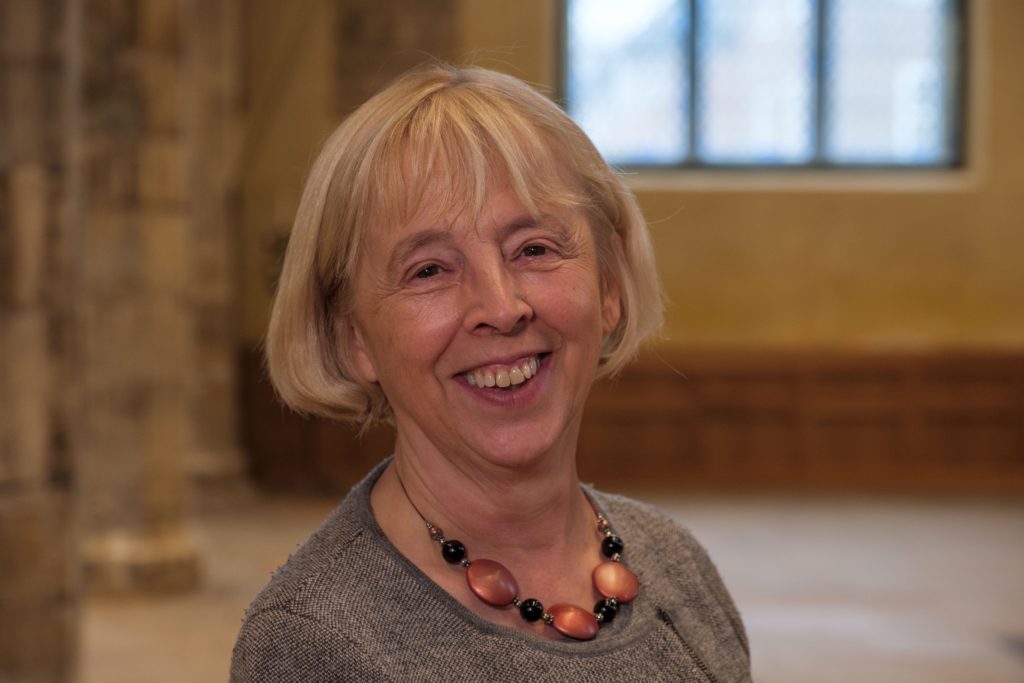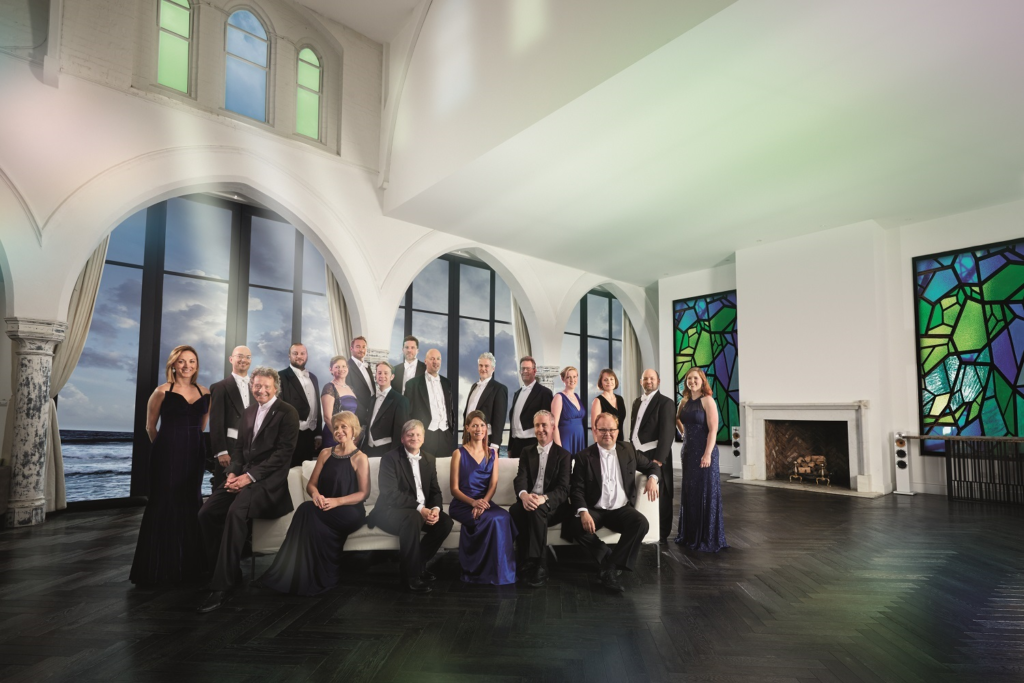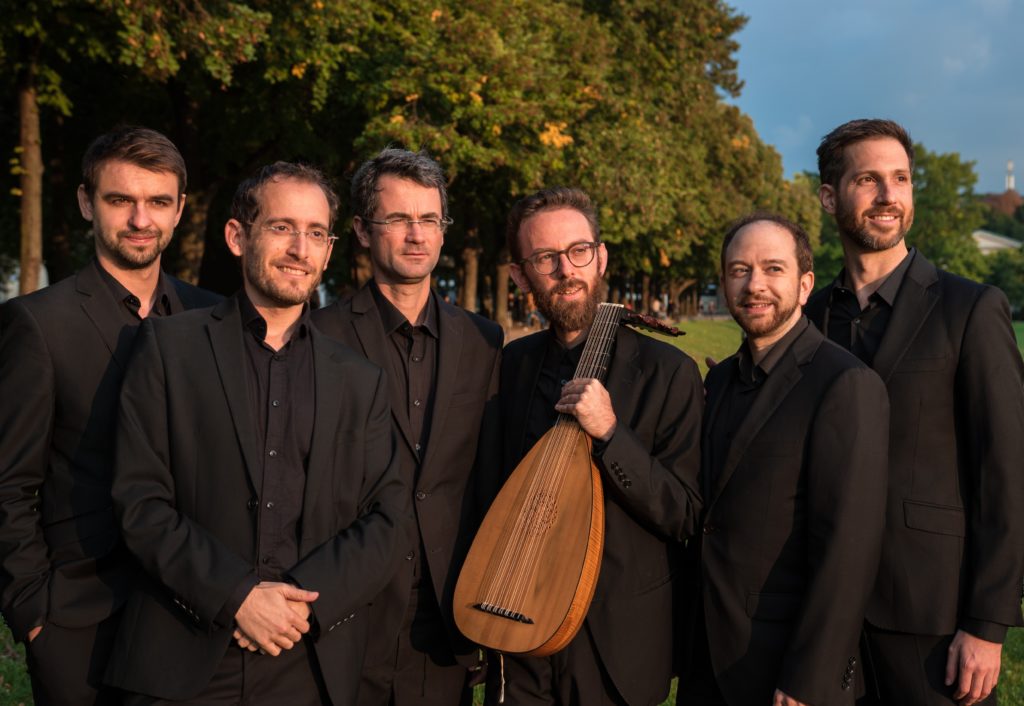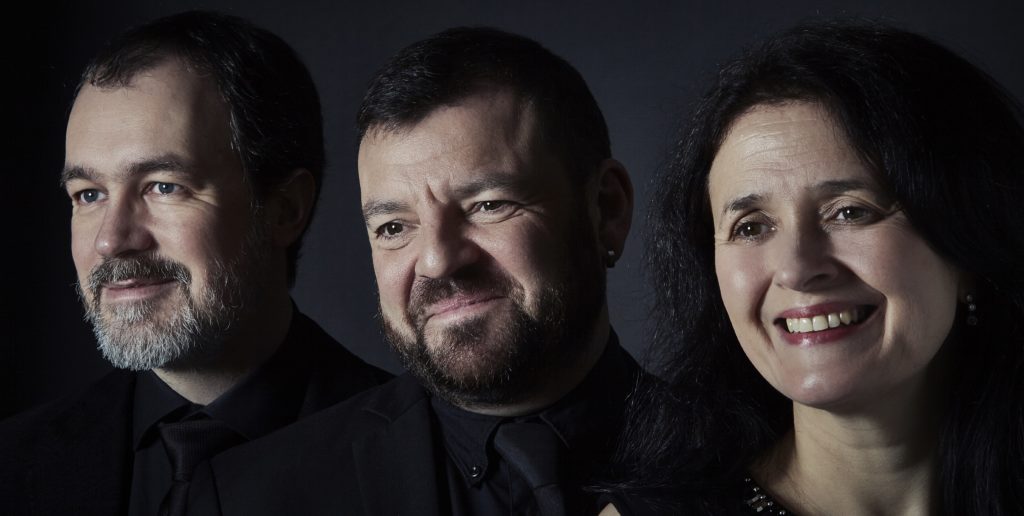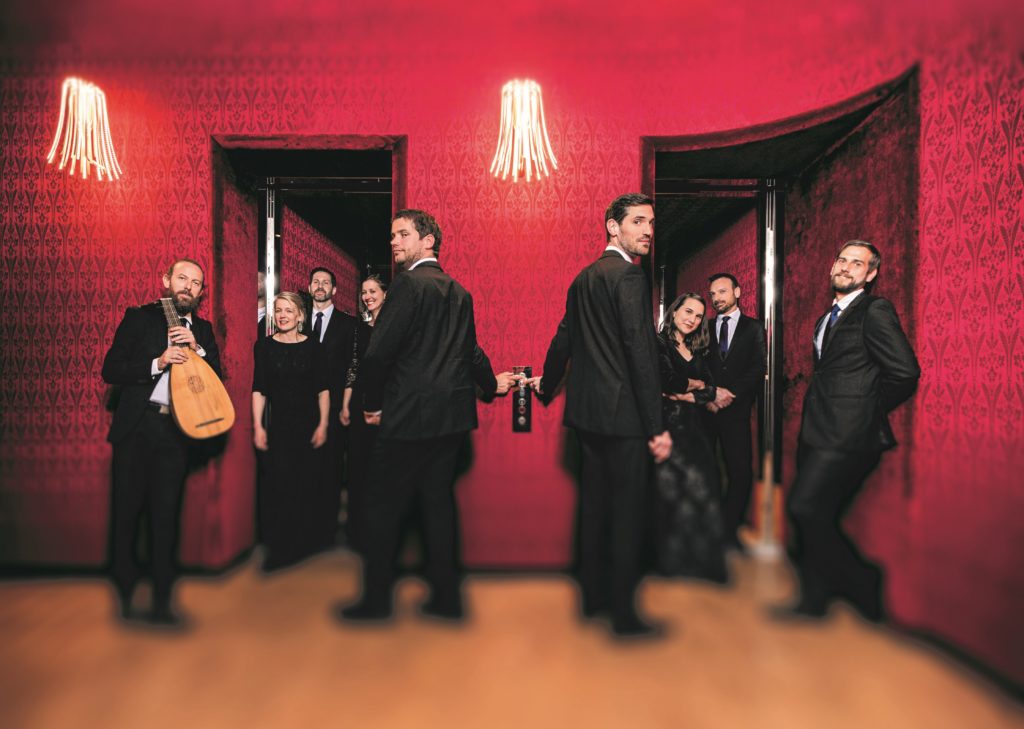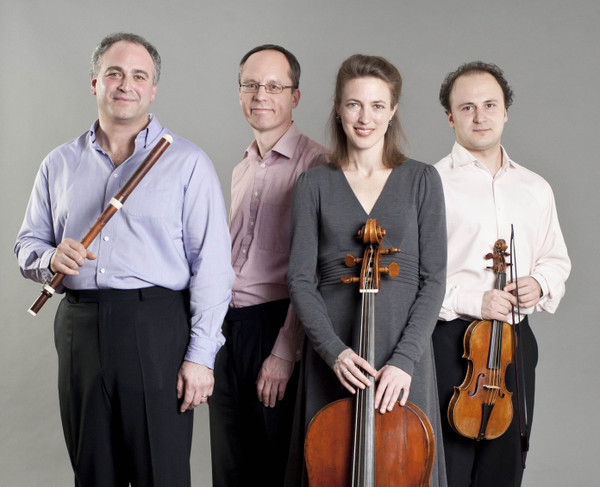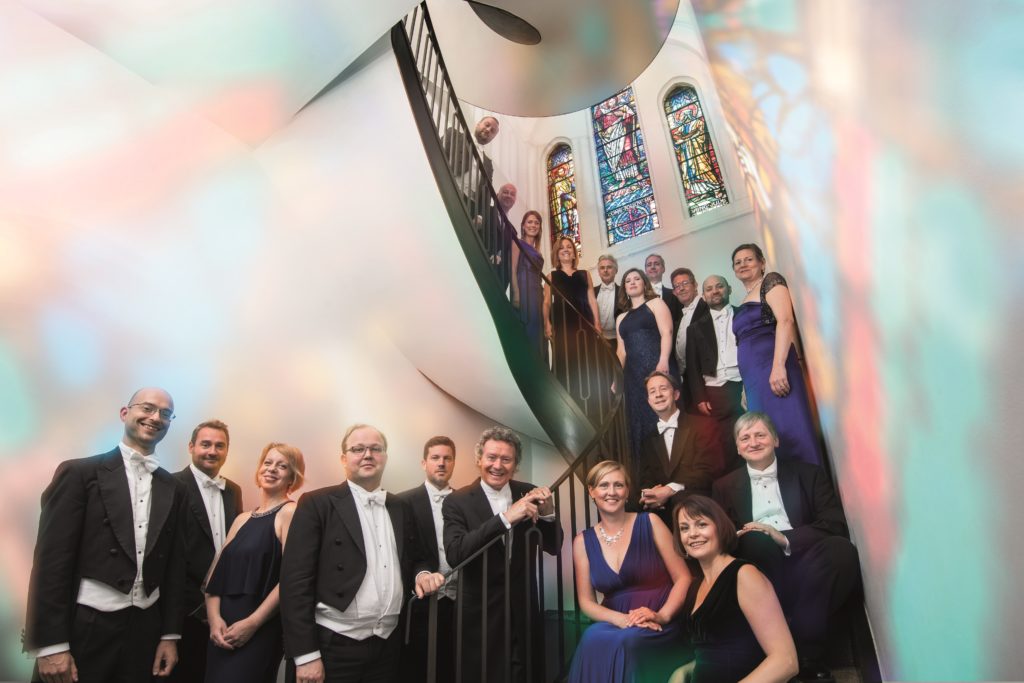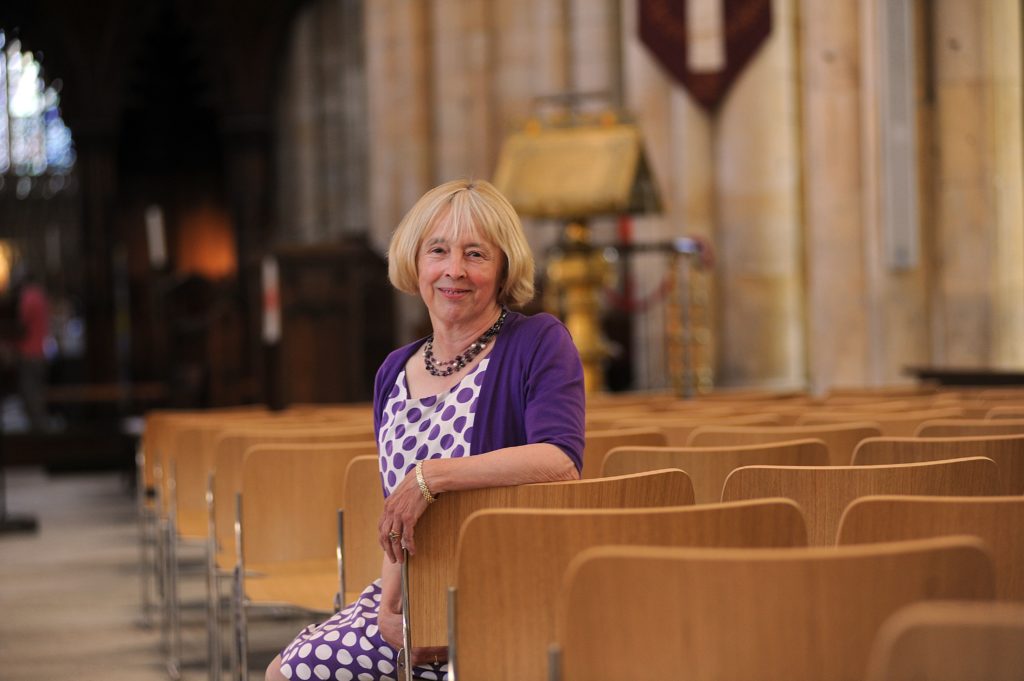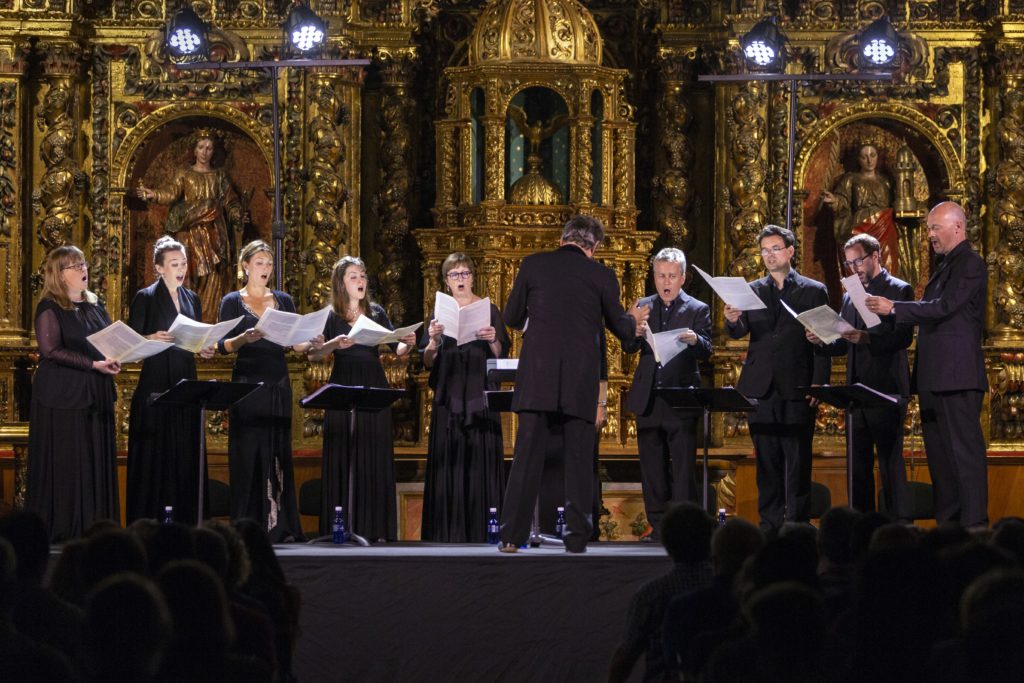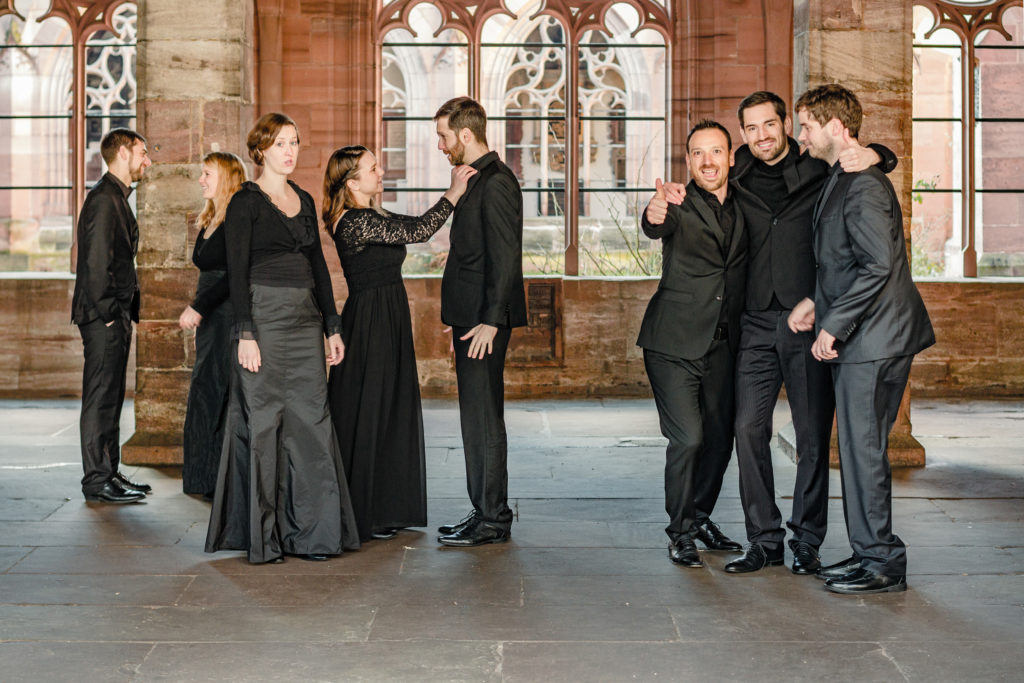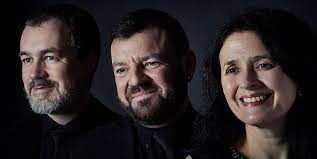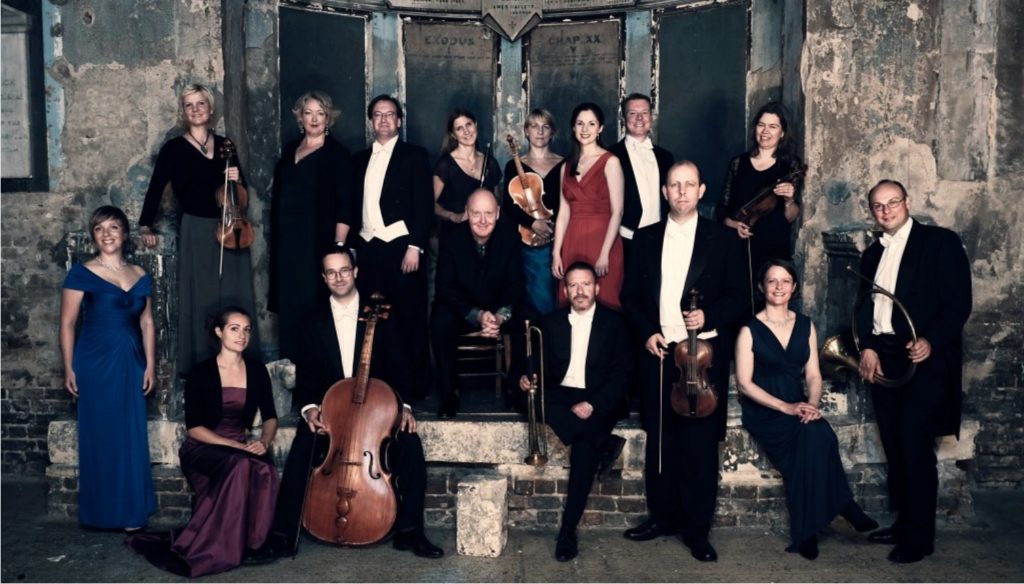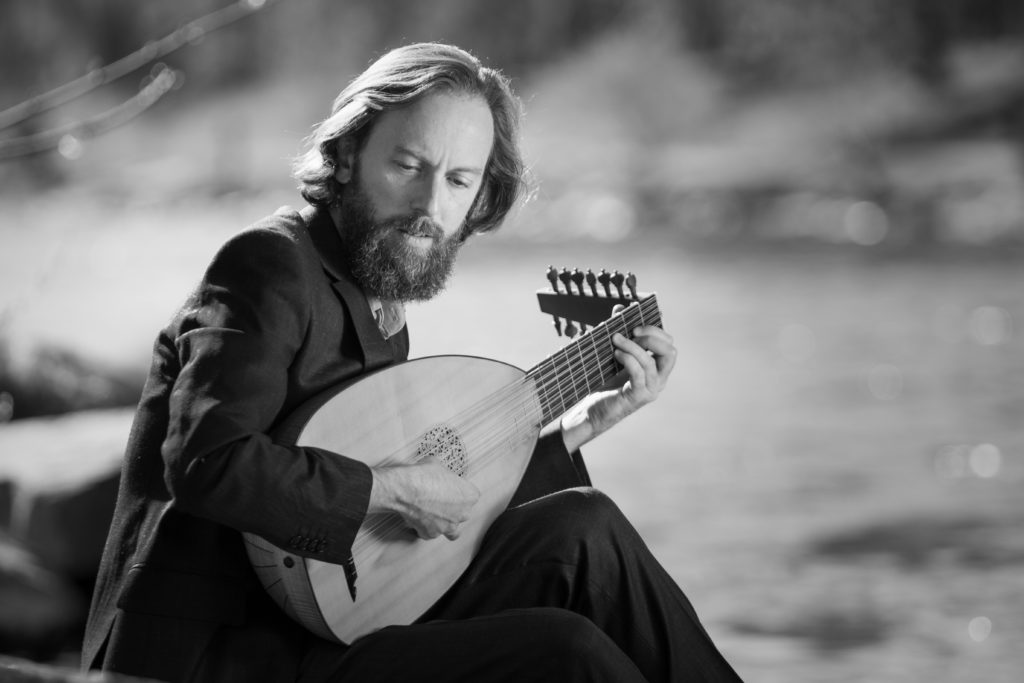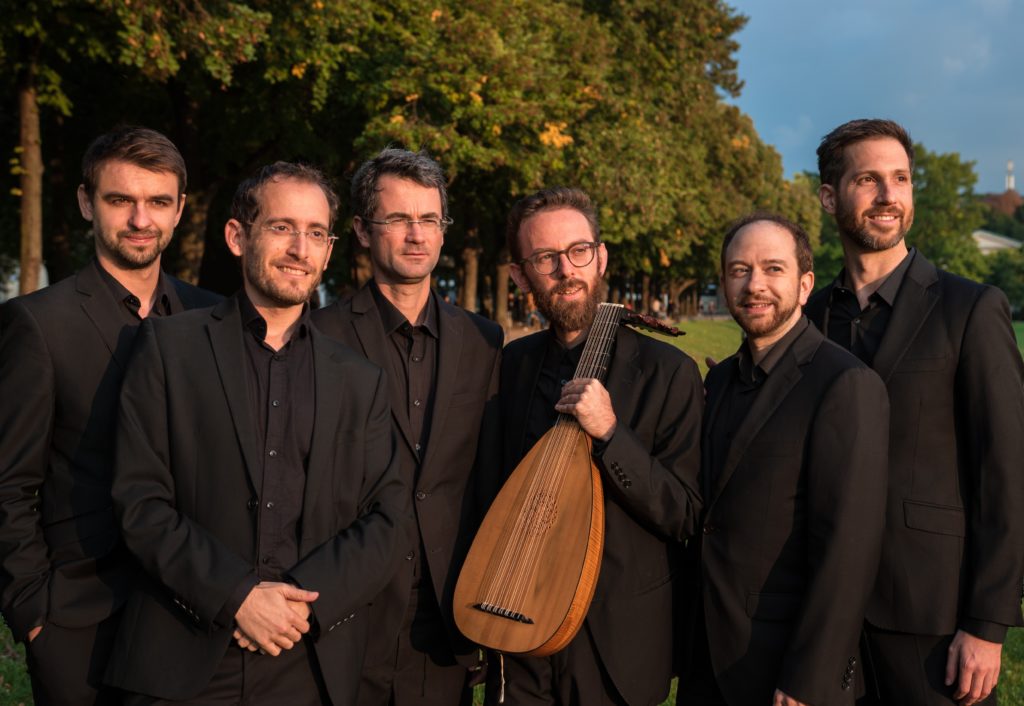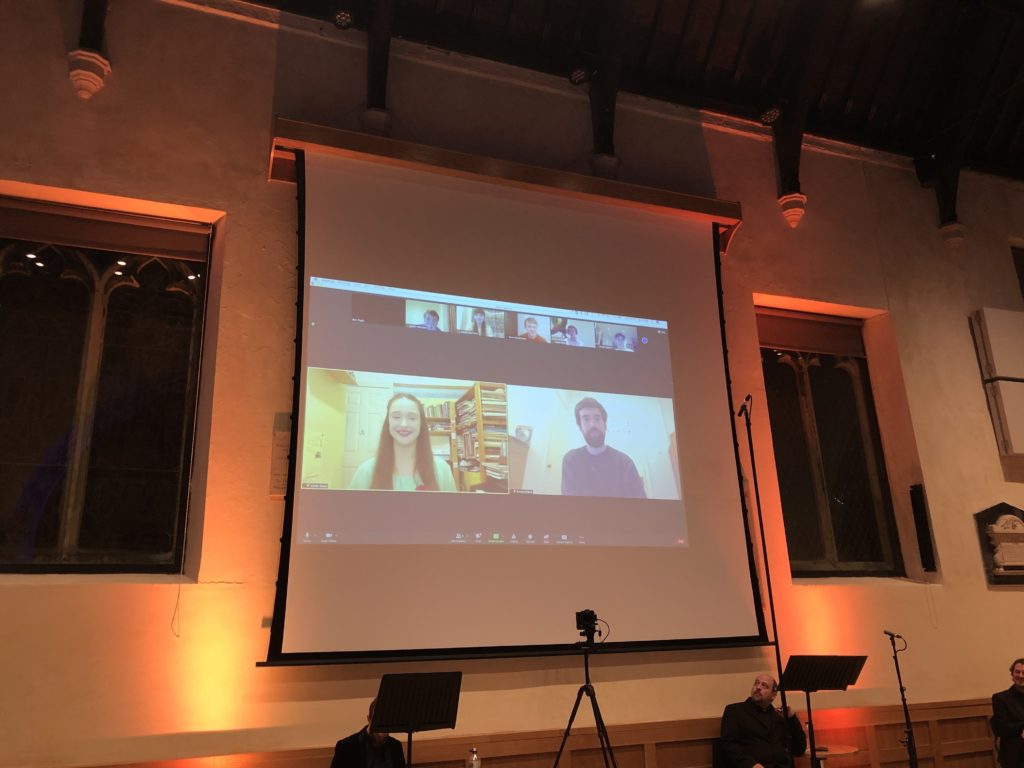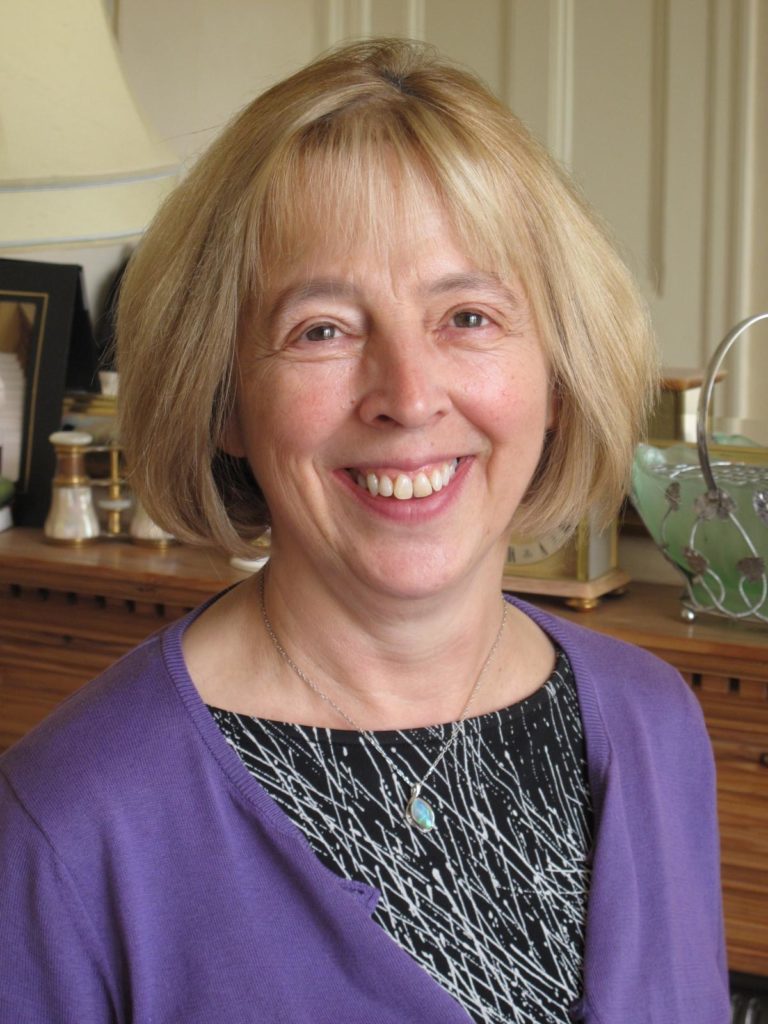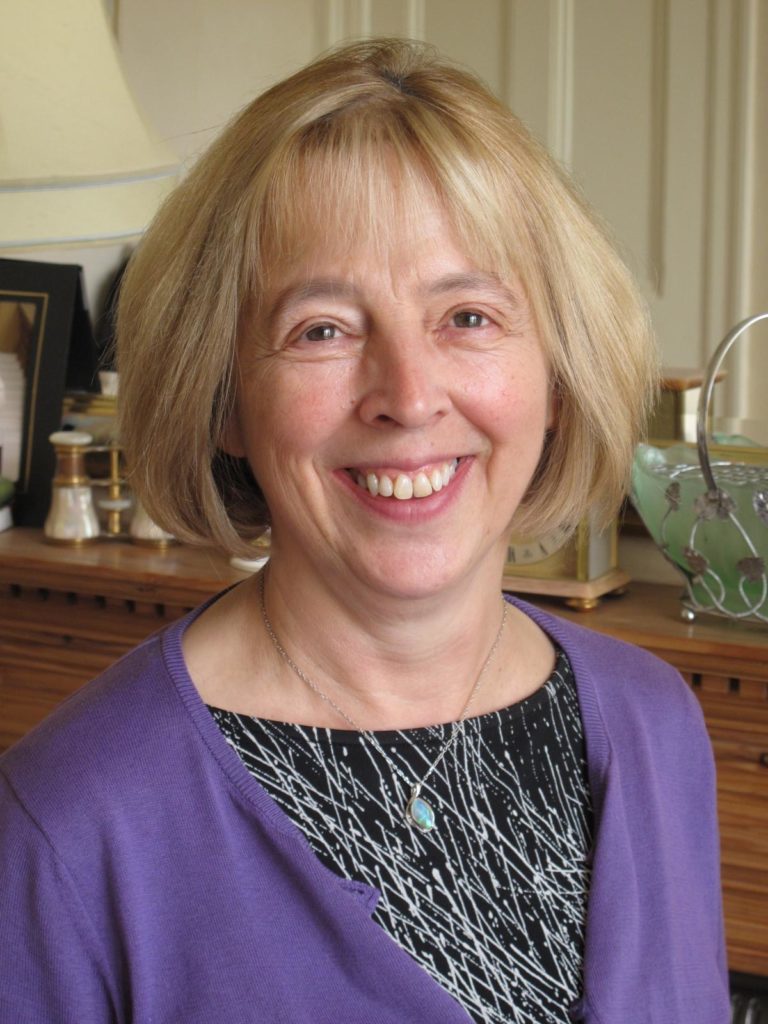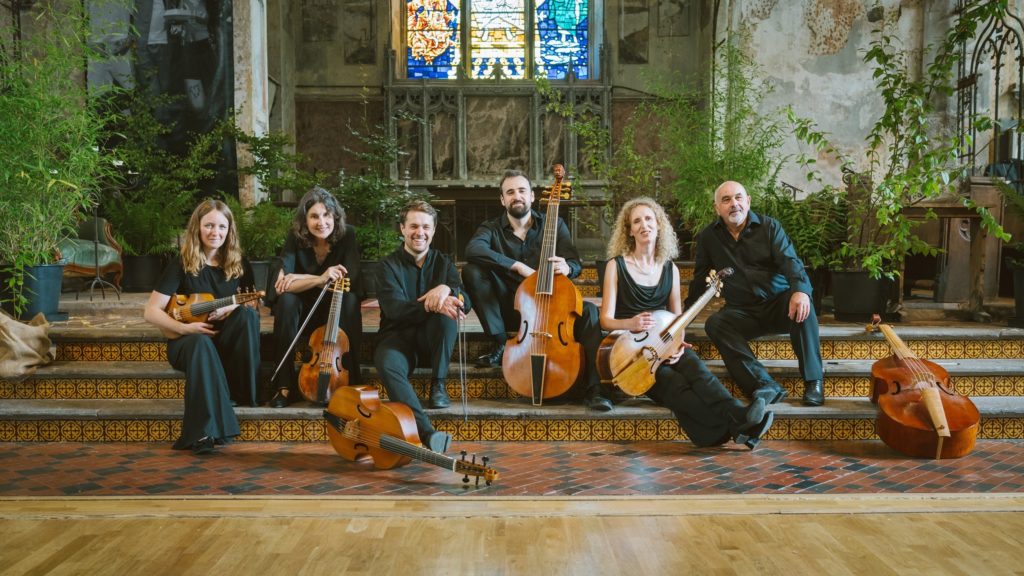
Fretwork: Marking 400th anniversary of Orlando Gibbons’s death
THIS year’s festival raced off the starting line in top gear with the six viols of Fretwork and mezzo soprano Helen Charlston. They focused entirely on the secular music of Orlando Gibbons, the 400th anniversary of whose untimely death at the age of 41 is being commemorated this year.
Gibbons is much better known these days for his sacred music, which is very much part of the backbone of cathedral repertory. His secular output is largely based on vocal techniques. The truth of this was underlined here by a single voice and viols doing duty for five unaccompanied voices in his madrigals – in accordance with the composer’s assertion on his title page in 1612, “apt for viols and voyces”.
Helen Charlston’s mezzo is so firmly centred that she is able to extend its resonance smoothly to either end of her range; there are no gear-changes. Furthermore, her diction is excellent. On this occasion, for my money, she was standing slightly behind the ‘sweet spot’ for voices in this arena and thus the consort was too far back as well. But the audience would not have guessed this from their close co-operation.
Melancholy was the dominant theme in much of the poetry set, no more so than in Sir Walter Raleigh’s What Is Our Life? Charlston spelt out the emotional force here, as in the lament by an anonymous writer Ne’er Let The Sunne, where lower viols provided eloquently darker colour. The counterpoint in each of these songs was sumptuous and all the clearer for its presentation in this rarer format.

Early music is making a point of getting living composers involved these days, with Nico Muhly filling the bill at this festival. His setting of words from Psalm 39, sandwiching the autopsy report of Orlando Gibbons, is more satisfying than that may sound. He describes it as a “ritualised memory piece” about Gibbons, writing it for five viols and four male voices.
The version here, however, was an authorised arrangement by Fretwork’s own Richard Boothby for mezzo soprano solo along with the viols. This makes sense not only as being more easy to perform, but also because Muhly’s setting owes a good deal to Gibbons’s own verse anthem to the same psalm, Behold, Thou Hast Made My Days As It Were A Span Long. Several later composers used the words “Lord, let me know mine end”, also from Psalm 39.
At its centre, we learn of Gibbons’s convulsions, where the viols are hesitant, fragmented and stuttering. But its climax lay at “Hear my prayer, O Lord”, with the voice pleading repeatedly against sparse accompaniment.
Earlier we had heard the top three viols alone, and then all five punctuating the voice, often quite rhythmically. Muhly uses ornamentation, rather than out-and-out counterpoint to highlight the text, and eventually repeats the opening words in his postlude. While its aura is more Jacobean than modern, it is still a touching evocation of a great talent.
The most fulfilling of the purely viol pieces in the programme was Go From My Window, a set of variations that pits the two bass viols virtually in competition with one another. Equally exciting was the vivid Pavan and galliard in six parts, while two of Gibbons’s three five-part In Nomines underlined the fertility of his imagination. Fretwork is a tautly interlinked ensemble that breathes as one – exactly what this repertory demands.
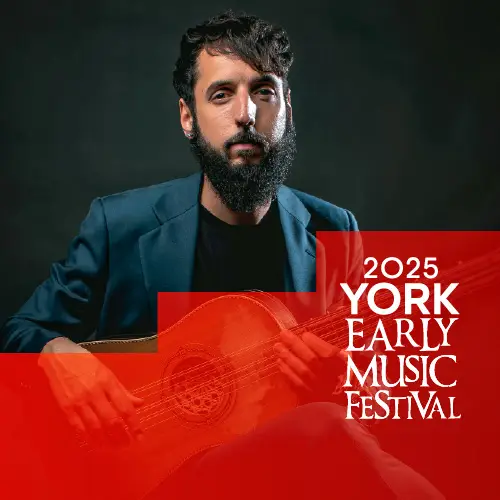
Pablo Zapico: “Showed how Spain and Italy first took the guitar seriously”
Pablo Zapico, National Centre for Early Music, St Margaret’s Church, Walmgate, York, July 5
THERE are times, usually when listening to early music, when you have the feeling of drinking at the very fountainhead of a musical type. One such rarity came with the appearance of Pablo Zapico and his Baroque guitar.
He showed us how Spain and Italy first took the guitar seriously, with a sweeping survey of 17th century composers, notably Gaspar Sanz and Santiago de Murcia in Spain and Francesco Corbetta leading the Italian pack.
The origins of the guitar lie in the vihuela de mano, a waisted, plucked-string instrument, known in Italy as the viola de mano. Both were tuned exactly like a lute. Their heyday was the 16th century, but by the start of the 17th they had been superseded by the five-course Spanish guitar on display here, with a simplified form of notation.
The most remarkable feature of its predominant style was the strumming effect used alongside pure melody. In the hands of an expert like Zapico this can sound like two instruments being played at once, whereas he can switch between the two in the flash of an eye.
In five whimsical Preludios we sampled the improvisational possibilities with this instrument, often quite chromatic and all the time infused with headstrong Mediterranean temperament. In similar style, we had a volatile Jacaras by Sanz with high and low contrasts that sounded as if right out of the flamenco tradition.
In La Jotta, by de Murcia, based on a Baroque dance, there was a dominant tune heavily syncopated. The best was kept till last. In Sanz’s Canarios, based on a style originating in the Canaries, there were cross-rhythms galore, delivered with extreme rapidity. It was utterly breathtaking.
Zapico is a master of his craft.

The Tallis Scholars: “Intimacy that larger groups struggle to emulate”
The Tallis Scholars, York Minster, July 5
WITH Spanish music assuming some importance at this year’s festival, it was appropriate that Peter Phillips and the Tallis Scholars began and ended their Glorious Creatures event with Sebastián de Vivanco, who was an almost exact contemporary of Victoria and was born, like him, in Avila.
In between, they focused on Renaissance music about the beauties of nature, with a couple of sidetracks into the newer world of Nico Muhly.
Perhaps the most distinctive feature of this ensemble is its small size, here a mere ten voices. This enables an intimacy that larger groups struggle to emulate. It also puts a premium on the contribution of individual singers, especially the four sopranos, who are double the number of each of the lower parts.
Before the interval, the soprano contribution was typically clean but also a touch too heavy for an ideal blend. After the interval, however, there was a change and the top line became more relaxed and less anxious.
Vivanco’s setting of Sicut Lilium (‘Like the Lily’) from the Song of Songs was positively luscious, bordering on the erotic, whereas in Palestrina’s version of the same text, written a generation earlier and given here by an octet, textures were sparer and more delicately fragrant. Both were marvels of their kind.
At the centre of the programme was Lassus’s Missa Vinum Bonum, preceded by its eponymous motet, which leans so heavily on the fruit of the vine that it dabbles with giddiness (no fault of the choir).
The text quickly falls back on the wedding at Cana, where Christ changed water into wine, as justification for a good drink or two.
The mass itself makes copious use of the motet’s music, so it too is infused with jolliness. Ofcourse Lassus quickly inserts a penitent ‘Christe’ into the Kyrie – at least it was here – but there was plenty of syncopation in the Gloria, deftly handled, and after a vivid Resurrection the Credo accelerated dizzily towards its Amen.
Some of that spirit percolated into a crazy Hosanna In Excelsis. Naturally there was a modicum of remorse in the Agnus Dei, but it was about as terse as could be imagined. The liturgy has rarely been so earthy.
On either side of Lassus we had music of Muhly. There was something appropriate about his Marrow (2017), which sets the first eight verses of Psalm 63. Preceding the “marrow and fatness” we had “in a barren and dry land where no water is”, evocative of the present drought. Sure enough, Muhly conjures a heat-haze here.
His A Glorious Creature (2023) similarly sets musings on the sun by Thomas Traherne. Using all ten voices individually, Muhly makes expansive use of ‘the sun’, reflecting its extent and influence.
Thinning down its centre for grains of dust and sand, he then broadens out with Traherne’s linking of the sun with the soul. Here the choir revelled in the immense impact of the text, melding superbly.
Later we enjoyed settings of Descendi In Hortum Meum (I Went Down Into My Garden) by De Rore, Dunstable and Palestrina. The earliest, and the most telling here, was the Dunstable, which with the solo voices of alto Caroline Trevor and the tenors Steven Harrold and Tom Castle was an oasis of tender intimacy.
There remained a magnificent Magnificat Octavi Toni by Vivanco, made all the more spiritual by its plainsong interjections. But Spanish vitalidad kept bursting through. We were brought back down to our knees by the encore, Purcell’s incomparable Hear My Prayer.
Reviews by Martin Dreyer
York Early Music Festival continues until July 11. For full details and tickets, go to: ncem.co.uk.
Reviews by Martin Dreyer
York Early Music Festival continues until July 11. For full details and tickets, go to: ncem.co.uk.


